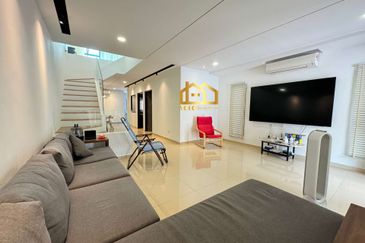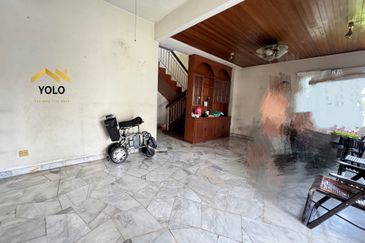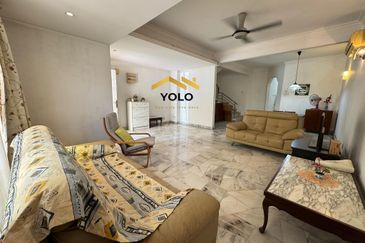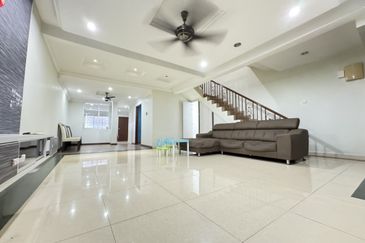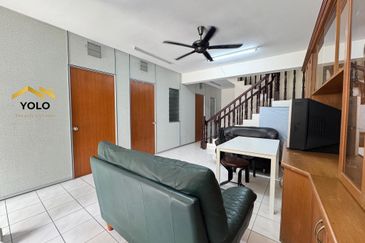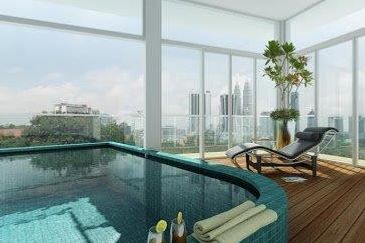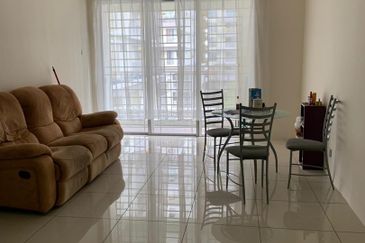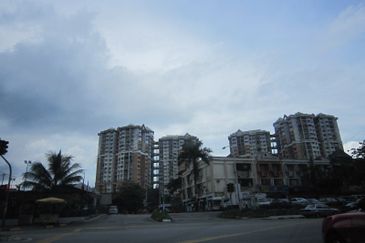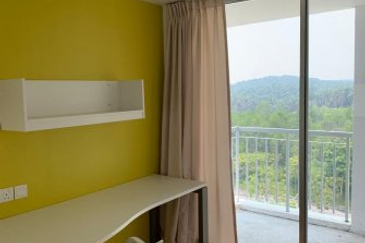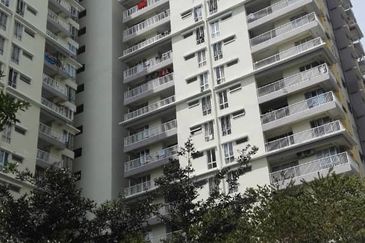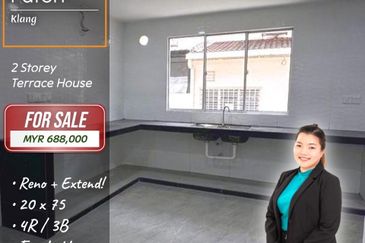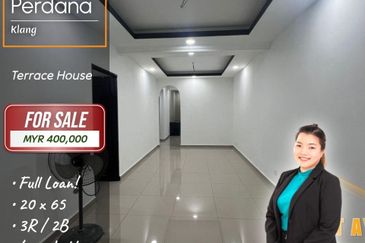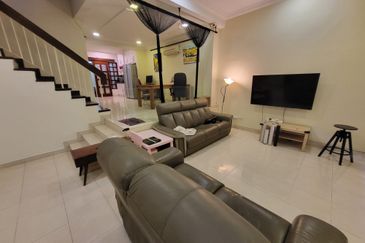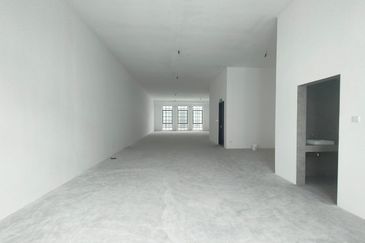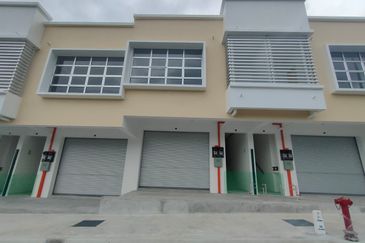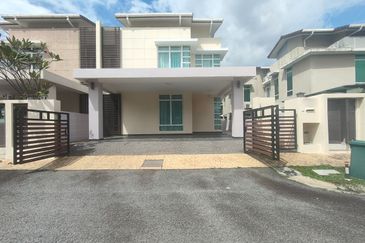KUALA LUMPUR (Jan 20): European rail experts expect an internal rate of return (IRR) of at least 15% to 20% if chosen as the concessionaire to own, operate and maintain Kuala Lumpur-Singapore high speed rail (HSR) assets.
At the Malaysia-French High Speed Rail Seminar yesterday, integrated rail solution provider Vossloh AG head of sales and internationalisation Marc-Antoine de Dietrich said a public-private partnership (PPP) project with a scale and concession period similar to [that of] the KL-Singapore HSR should require at least an IRR of 15% to 20%.
“We are the wrong people to answer this, and regrettably there are no bankers in this room because they fix the terms and conditions, and the return of capital and investment that they want to have. So, the suppliers and contractors are not alone in this case,” he explained when asked about the expected IRR during one of the panel discussions on the HSR project’s life cycle cost.
“But very briefly, [for] a project for a [concession] period like this, [if] it has to start, you do not hope to have between 15% and 20% return at the end. [If that is the case], then [there is] no need to start. But that is not only for [a] high-speed concession — it is for any kind of PPP,” he added.
Under the bilateral agreement entered into between Malaysia and Singapore in early December last year, the HSR project is going to be developed through a three-tier model.
At the infrastructure level, both governments will appoint contractors (InfraCos) to conduct civil works in their respective territories. Then, both governments will jointly appoint one party (AssetsCo) to own, operate and maintain HSR assets like rolling stocks, signalling systems and tracks.
Finally, two operators (OpCos) will be appointed to provide HSR services along the 350km route by leasing trains from the AssetsCo, and paying track access charges and concession fees to the InfraCos.
Other than train lease fees from the OpCos, the AssetsCo will also receive “availability payment” from the InfraCos over the concession period, estimated by MyHSR Corp Sdn Bhd chief executive officer Mohd Nur Ismal Mohamed Kamal to be about 25 years during the seminar yesterday.
Hence, Mohd Nur Ismal said the appointment of an AssetsCo had received the most attention since the signing of the bilateral agreement, which resulted in South Korean and Chinese governments setting up HSR experience cubes in Kuala Lumpur to promote their respective technology. The Japanese also organised a symposium to exhibit their HSR technology last July.
So far, companies and consortiums from the three Asian countries had not indicated their expected IRR from the HSR.
Meanwhile, MyHSR’s Mohd Nur Ismal said the agency had a maximum threshold for the IRR to be offered. However, he declined to reveal the figure.
“We cannot reveal it because we want them to offer us the lowest possible rate of return for the benefits of the public,” he explained to reporters yesterday.
This article first appeared in The Edge Financial Daily, on Jan 20, 2017. Subscribe to The Edge Financial Daily here.
TOP PICKS BY EDGEPROP
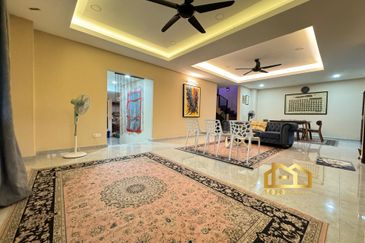
Taman Wawasan, Pusat Bandar Puchong
Puchong, Selangor
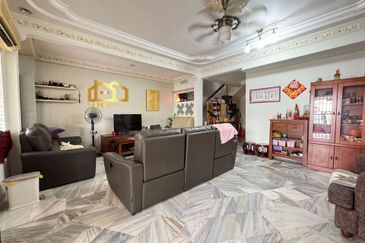
Taman Wawasan, Pusat Bandar Puchong
Puchong, Selangor
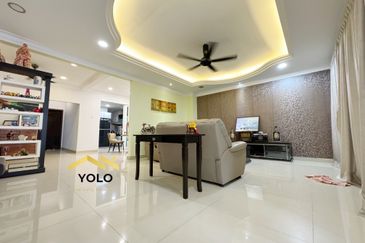
Taman Wawasan, Pusat Bandar Puchong
Puchong, Selangor
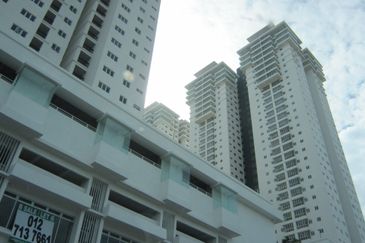
Maxim Citylights @ Sentul KL
Sentul, Kuala Lumpur


